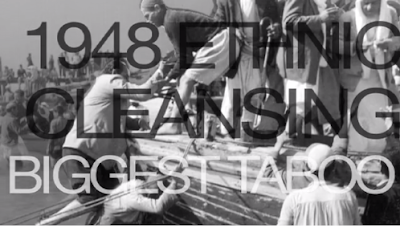GUESTS: Peter Blood and Annie Patterson, creators of "Rise Up Singing" and their followup new songbook, "Rise Again," talk about the process and motivation behind this collection of words & chords to 1200 different songs, just published by Hal Leonard Performing Arts and Publishing Group.
Peter and Annie were great guests. Their enthusiasm for songs and communal singing is evident in just about every topic we covered. Rise Again was published to bring group singing to another generation.
Pete Seeger often talked about the transformation that happens when people come together to make music. He believed that there was something magical in group singing:
I still play at open mics and music circles. Most of us are from the 1960's, but there are always some younger performers as well. Music brings us hope in an age of greed and militarism. Sharing hope makes us think that nothing is impossible, that we can create a just and loving society one day despite the odds.
We will rise again, like the good Mary Ellen Carter.
Peter and Annie were great guests. Their enthusiasm for songs and communal singing is evident in just about every topic we covered. Rise Again was published to bring group singing to another generation.
Pete Seeger often talked about the transformation that happens when people come together to make music. He believed that there was something magical in group singing:
All God's creatures got a place in the choir.I used to sing that song with my kids, and it was often quite moving to think of all living creatures finding common inspiration, be it in a choir or out loud on a telephone wire. Wonderful words for bringing our family closer together. We were all part of a grand musical plan.
Some sing low and some sing higher,
Some sing out loud on a telephone wire,
Some just clap their hands, or paws, or anything they've got now.
I still play at open mics and music circles. Most of us are from the 1960's, but there are always some younger performers as well. Music brings us hope in an age of greed and militarism. Sharing hope makes us think that nothing is impossible, that we can create a just and loving society one day despite the odds.
We will rise again, like the good Mary Ellen Carter.




























